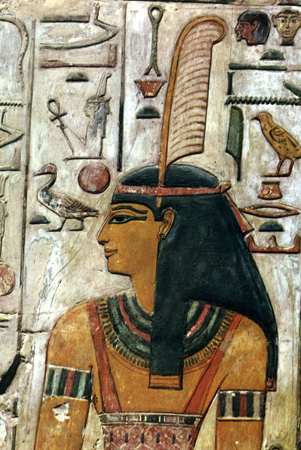The Way is MA’AT ∽ Truth, Justice and Righteousness

Goddess Ma’at
We believe the teachings of our elders and our ancestors that the Creator God created the universe and all life, and has placed in each of us a part of the Divine Spirit. God living in us and through us has given us the right and the power to establish peace and justice in all human life, and true harmony with all of creation. We believe in the living faith of our ancestors.
Our Way is not merely ritual or belief. Our Way is a Way of Life.
Our Way is not a random path. Our Way begins with coherent understanding. It is a way that aims at preserving the knowledge of who we are. It is with this conviction that we study the rich heritage of our African people.
The Way is reciprocity. The Way is wholeness. The Way is unity and self-determination. It is creativity and collective work and responsibility. Our Way is faith, purpose and cooperative economics. Our Way knows no oppression. Our Way creates. Our Way worships and praises the God of our ancestors. The Way is Life. The Way only destroys destruction.
